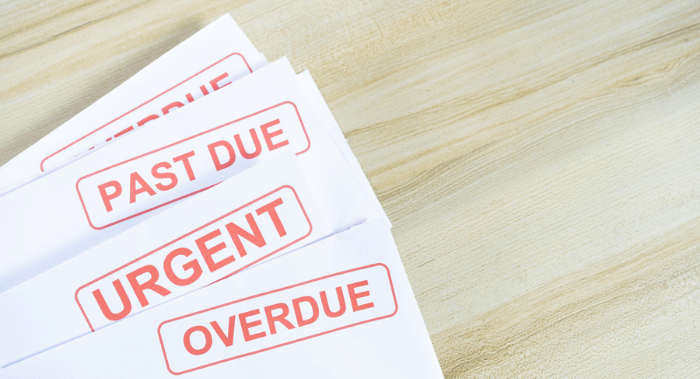
How Past Tax Debt Affects Your Tax Refund
During tax season, many taxpayers look forward to receiving a tax refund. However, for those with outstanding tax debt from previous years, they may be wondering if the IRS will take some of all of their refund if they have past tax debts. To answer the question:
Yes, the IRS can take your tax refund from the current year in order to pay off your tax debts from previous years.
Below, we’ll explain how and why the IRS takes what is owed to them first before issuing any remaining funds in your tax return.
The Intersection of Tax Debt and Refunds
The Internal Revenue Service (IRS) has a system in place to address the issue of taxpayers who are due a refund but also have outstanding tax debts. This system ensures that the government recoups debts owed to it before issuing refunds.
This system is called the Treasury Offset Program.
How the Treasury Offset Program Works
If you have unpaid federal taxes from prior years, the IRS can use your current year’s tax refund to reduce your outstanding debt. This means that instead of receiving a refund check, your refund will be applied to the tax debt you owe.
The IRS is required to notify you if they apply your refund to your tax debt. This notice will detail the original amount of your refund, how much was applied to your debt, and the remaining balance, if any. Should your refund not cover the entire tax debt, you remain responsible for the balance. The IRS may offer payment plans or other solutions to help you settle the remaining amount, but ignoring it is never the right solution.
Planning for Tax Season with Outstanding Debt
For those with known tax debts, understanding this process is crucial for financial planning. Here are some steps you can take:
- Review Your Tax Status: Before filing, review any outstanding debts you might have with the IRS. This can help you set realistic expectations for your tax refund; you may find yourself receiving nothing with the remainder of your balance waiting to be paid.
- Consult a Tax Professional: If you’re unsure about your tax situation, seeking advice from a tax professional can be beneficial. They can provide guidance on managing your tax debt and understanding your refund status.
Looking Forward to Tax Season
Taxpayers with outstanding debts need to be aware of how these debts can impact their tax refunds. The Treasury Offset Program ensures that debts are paid before refunds are issued, which can affect your financial planning. By staying informed and proactive in managing your tax obligations, you can navigate tax season more effectively, even with outstanding debts.
If you require legal assistance to address your tax debt, then click here or call (833) 391-1038.
Free Tax Case Review
If you are struggling with tax debt or have received a letter from the IRS complete the form below.IRS Audit
You received an audit notice from the IRS
Tax Debt Relief
You owe the IRS money and are looking for relief options
Wage Garnishment
The IRS is taking part of your wages to pay off your debt
Tax Lien
The IRS put a legal claim on your property
IRS Property Seizure
The IRS is going to take your property to pay down or pay off your tax debt
Penalty Abatement
You want to request to remove or reduce penalties assessed by IRS
Innocent Spouse Relief
Relief from joint tax debt caused by your spouse or former spouse
Tax Debt FAQ
Common facts, questions and answers about tax debt and tax debt reilef
Tax Debt Lawyer
A tax debt lawyer can help you with your tax debt problems





